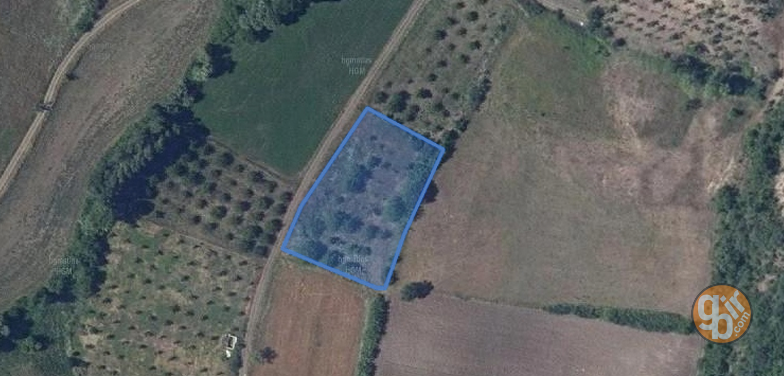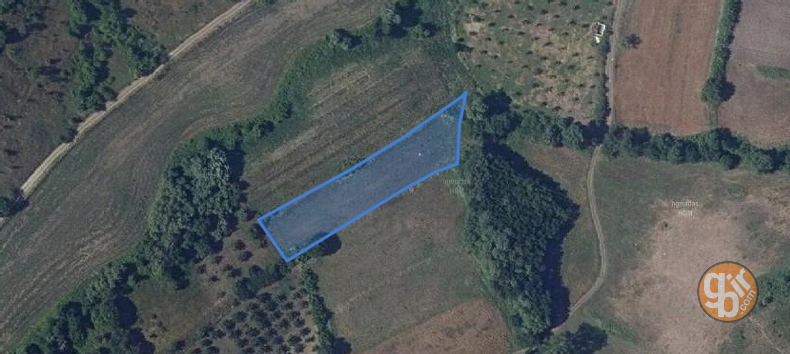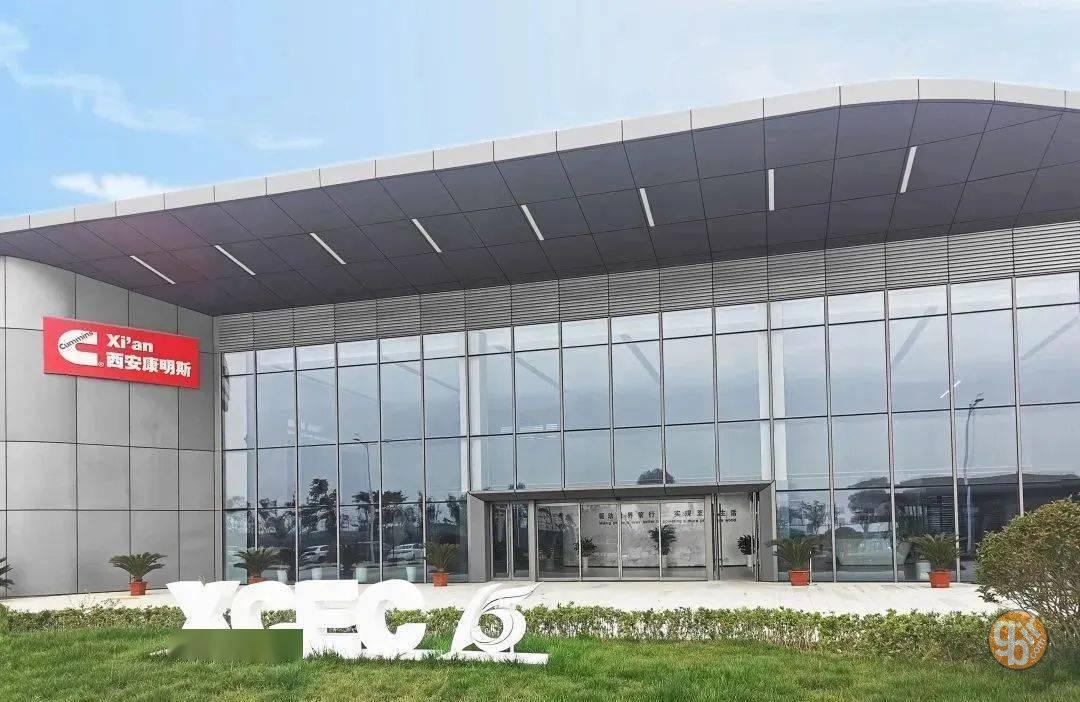Fish Oil Supplements Market To Grow To USD 4.01 Billion By 2033
Market Overview
According to our latest research, the global fish oil supplements market size stood at USD 2.11 billion in 2024, with a robust compound annual growth rate (CAGR) of 7.2% projected through the forecast period. By 2033, the market is anticipated to reach approximately USD 4.01 billion, driven by increasing consumer awareness of the health benefits associated with omega-3 fatty acids and a rising prevalence of lifestyle-related chronic diseases. The fish oil supplements market continues to experience significant expansion as health-conscious individuals worldwide seek preventative approaches to wellness, particularly through dietary supplementation.
Market Challenges
The active fish oil supplements market faces challenges such as fluctuating raw material availability due to overfishing concerns, potential heavy metal contamination in fish sources, and competition from plant-based omega-3 supplements. Additionally, regulatory compliance for health claims remains a significant barrier in many regions.
Future Outlook
The active fish oil supplements market is projected to grow steadily over the next decade, supported by trends in preventive healthcare, personalized nutrition, and sustainable sourcing. Technological advancements in extraction and encapsulation will enhance product stability, taste, and nutrient delivery, making fish oil supplements more appealing to a wider audience.
Source:https://researchintelo.com/report/fish-oil-supplements-market
Market Overview
According to our latest research, the global fish oil supplements market size stood at USD 2.11 billion in 2024, with a robust compound annual growth rate (CAGR) of 7.2% projected through the forecast period. By 2033, the market is anticipated to reach approximately USD 4.01 billion, driven by increasing consumer awareness of the health benefits associated with omega-3 fatty acids and a rising prevalence of lifestyle-related chronic diseases. The fish oil supplements market continues to experience significant expansion as health-conscious individuals worldwide seek preventative approaches to wellness, particularly through dietary supplementation.
Market Challenges
The active fish oil supplements market faces challenges such as fluctuating raw material availability due to overfishing concerns, potential heavy metal contamination in fish sources, and competition from plant-based omega-3 supplements. Additionally, regulatory compliance for health claims remains a significant barrier in many regions.
Future Outlook
The active fish oil supplements market is projected to grow steadily over the next decade, supported by trends in preventive healthcare, personalized nutrition, and sustainable sourcing. Technological advancements in extraction and encapsulation will enhance product stability, taste, and nutrient delivery, making fish oil supplements more appealing to a wider audience.
Source:https://researchintelo.com/report/fish-oil-supplements-market
Fish Oil Supplements Market To Grow To USD 4.01 Billion By 2033
Market Overview
According to our latest research, the global fish oil supplements market size stood at USD 2.11 billion in 2024, with a robust compound annual growth rate (CAGR) of 7.2% projected through the forecast period. By 2033, the market is anticipated to reach approximately USD 4.01 billion, driven by increasing consumer awareness of the health benefits associated with omega-3 fatty acids and a rising prevalence of lifestyle-related chronic diseases. The fish oil supplements market continues to experience significant expansion as health-conscious individuals worldwide seek preventative approaches to wellness, particularly through dietary supplementation.
Market Challenges
The active fish oil supplements market faces challenges such as fluctuating raw material availability due to overfishing concerns, potential heavy metal contamination in fish sources, and competition from plant-based omega-3 supplements. Additionally, regulatory compliance for health claims remains a significant barrier in many regions.
Future Outlook
The active fish oil supplements market is projected to grow steadily over the next decade, supported by trends in preventive healthcare, personalized nutrition, and sustainable sourcing. Technological advancements in extraction and encapsulation will enhance product stability, taste, and nutrient delivery, making fish oil supplements more appealing to a wider audience.
Source:https://researchintelo.com/report/fish-oil-supplements-market
0 Kommentare
0 Geteilt
334 Ansichten
0 Bewertungen













